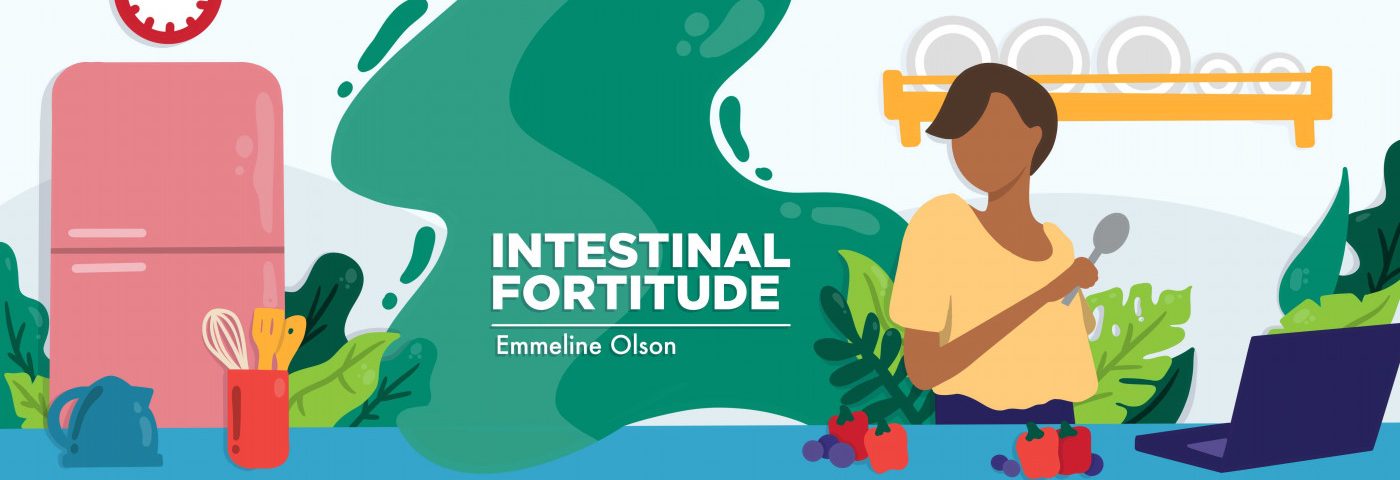Editor’s note: Please be advised that the topic of suicide is addressed in this column. Resources for help are listed at the end of the column.
I was born on July 19, the Cancer-Leo cusp. I have the typical Cancer, the Crab, personality. I’m intuitive, empathetic, sensitive, and emotional, which I hide beneath a hardened exterior. At the same time, my Leonine ambition drives me to be active — physically and mentally. I’m highly competitive and only satisfied when I exceed expectations.
When these two aspects of my personality are harmonious, I can achieve whatever I set out to do. However, with unbalanced temperaments, I become an emotional wreck. Idleness makes me feel worthless. Failure causes despair. If I allow my anxiety to get the best of me, I risk falling into a deep depression.
When feeling blue turns black
Sadness is a temporary reaction to an upsetting or painful event. Persisting sadness can turn into depression, a mental illness that can range from mild to severe. Symptoms include feelings of grief or worthlessness, insomnia or oversleeping, fatigue, loss of appetite or binge eating, difficulty concentrating or indecisiveness, and slowed movements or agitation. Someone with depression may also lose interest in favorite pastimes, experience psychosomatic aches and pains, and have suicidal tendencies.
The American Psychiatric Association states that one in six people experience depression at one point in their lives. When symptoms last two weeks or more and affect the person’s relationships, “feeling depressed” becomes a major depressive disorder that can last for a few weeks to several years.
Eeyore, my spirit animal
My depression episodes have been few and far between. When I was 11, moving for the fifth time overwhelmed my prepubescent mind. In eighth grade, I went from being a straight-A student with a spotless record to acting out, which led to my being suspended twice from school. Both times, I thought my parents would have been better off if I’d never been born. I contemplated suicide but never acted on it. No one knew, either.
I welcomed a fresh start when we moved to Texas my freshman year of high school. Then, in my senior year, I started down a dark path. After totaling my car in a rollover accident, I wrote about my despair. I mused that, perhaps, I subconsciously caused the wreck, and I wished I had died. My sister found my writings and gave them to my parents. They took me to a psychiatrist and later admitted me to an in-patient psychiatric hospital for a week of observation.
In my late 20s, my marriage fell apart. I began taking an antidepressant, which numbed my emotions. After an evening of drinking heavily, I sat in my running car in my closed garage. My fighting spirit saved me, and I started therapy soon after.
Over time, through a closer relationship with God, I adopted new coping mechanisms to deal with hopelessness and grief. That doesn’t make me immune to depression, however. Recently, I became withdrawn and questioned if I should succumb to Crohn’s and my other maladies. Along with my deteriorating health, I hadn’t been able to find work since my full-time employer eliminated my position in July.
Initially, I considered my idleness as a time for my body to heal. But with high hopes for myself and trying to meet others’ expectations, I felt like a burden to my husband and my parents. After more than a week of being shut out, my husband — the eternal optimist and encourager — finally got me to open up about my feelings. I may not be back to 100 percent, but I’m not falling any deeper.
Depression and inflammatory bowel disease
A recent study of inflammatory bowel disease (IBD) patients discovered that over 44% suffered from depression or anxiety disorders or both. These patients also described their IBD symptoms as more severe than those who reported no mental health issues.
Earlier research showed that over 21% of IBD patients reported depression, a rate more than one and a half times higher than participants without IBD. The incidence of depression increased to almost 35% when IBD was active.
The Crohn’s & Colitis Foundation recognizes that patients can suffer mentally and emotionally from IBD. The website offers resources for understanding and coping with depression and anxiety, including helping patients locate support groups.
Mental health awareness and help
This week, Oct. 4-10, is Mental Illness Awareness Week, and Saturday is World Mental Health Day. Emotional well-being is just as important as one’s physical health, especially when a chronic disease is involved.
With stress being my No. 1 trigger, I must be careful that my struggles don’t deteriorate my mental health. I try to rein in negativity by practicing mindfulness, prayer, and martial arts.
IBD patients who suffer from depression should reach out to healthcare providers for treatment. The Rome GastroPsych Group connects patients with mental health providers specializing in the intersection of gastroenterology and psychology.
People with thoughts of self-harm or suicide should seek help immediately by calling the Suicide Prevention Lifeline in the U.S. (1-800-273-8255, available 24/7) or Samaritans in the U.K.
***
Note: IBD News Today is strictly a news and information website about the disease. It does not provide medical advice, diagnosis, or treatment. This content is not intended to be a substitute for professional medical advice, diagnosis, or treatment. Always seek the advice of your physician or other qualified health providers with any questions you may have regarding a medical condition. Never disregard professional medical advice or delay in seeking it because of something you have read on this website. The opinions expressed in this column are not those of IBD News Today, or its parent company, BioNews, and are intended to spark discussion about issues pertaining to IBD.

